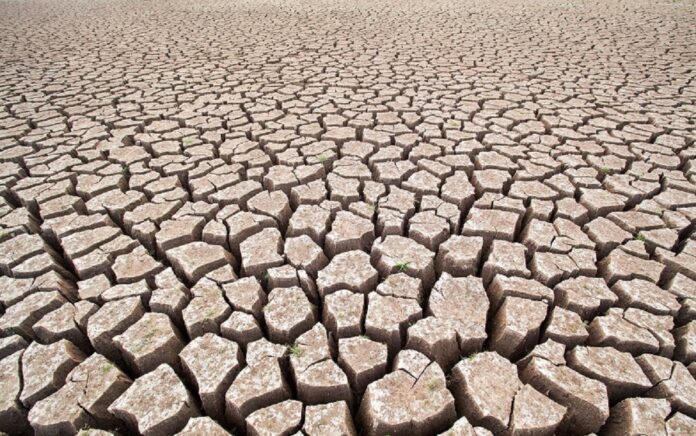The United Nations Environment Programme (UNEP) has outlined its freshwater-related priorities for implementing its Medium-Term Strategy (MTS), 2022-2025 in a newly-released strategic document produced by the Inter-Divisional Water Group.
It aims to stimulate urgent understanding, prioritisation and action for water worldwide, describing the main freshwater issues and how they meet the water-related Sustainable Development Goal, while addressing the three crises of climate change, nature and biodiversity loss and pollution and waste.
These three interrelated crises impose adverse impacts on freshwater resources, thereby also impinging on the lives, livelihoods and health of people and also on economies and the planet. However, freshwater resources can also help to resolve all three crises, helping to protect and restore biodiversity, mitigate pollution and contributing to climate stability.
Currently, the world is falling behind on efforts to meet the water-related Sustainable Development Goals (SDGs) and their targets.
With its partners, UNEP is seeking to facilitate measurable and substantive progress on freshwater issues at global, regional and national levels.
Linking science to policymaking, UNEP says it will drive forward a number of actions, including:
- The collection of data, analyse and report on the global status of ambient water quality water resources management and the environmental health of freshwater ecosystems
- Provision of policy advice and harmonisation
- Support institutional reform to strengthen national and regional cooperation to improve climate resilient water resources management, preventing water pollution and protecting freshwater ecosystems
- Build capacity through training and tools, facilitate access to data and information to enhance evidence-based assessment, action planning and decision-making processes, as well as policy and strategy formulation for improved management of freshwater resources.
- Support piloting of innovative management practices, including nature-based solutions, and implementation of national and regional strategic action plans that contribute to climate, nature and pollution actions.








